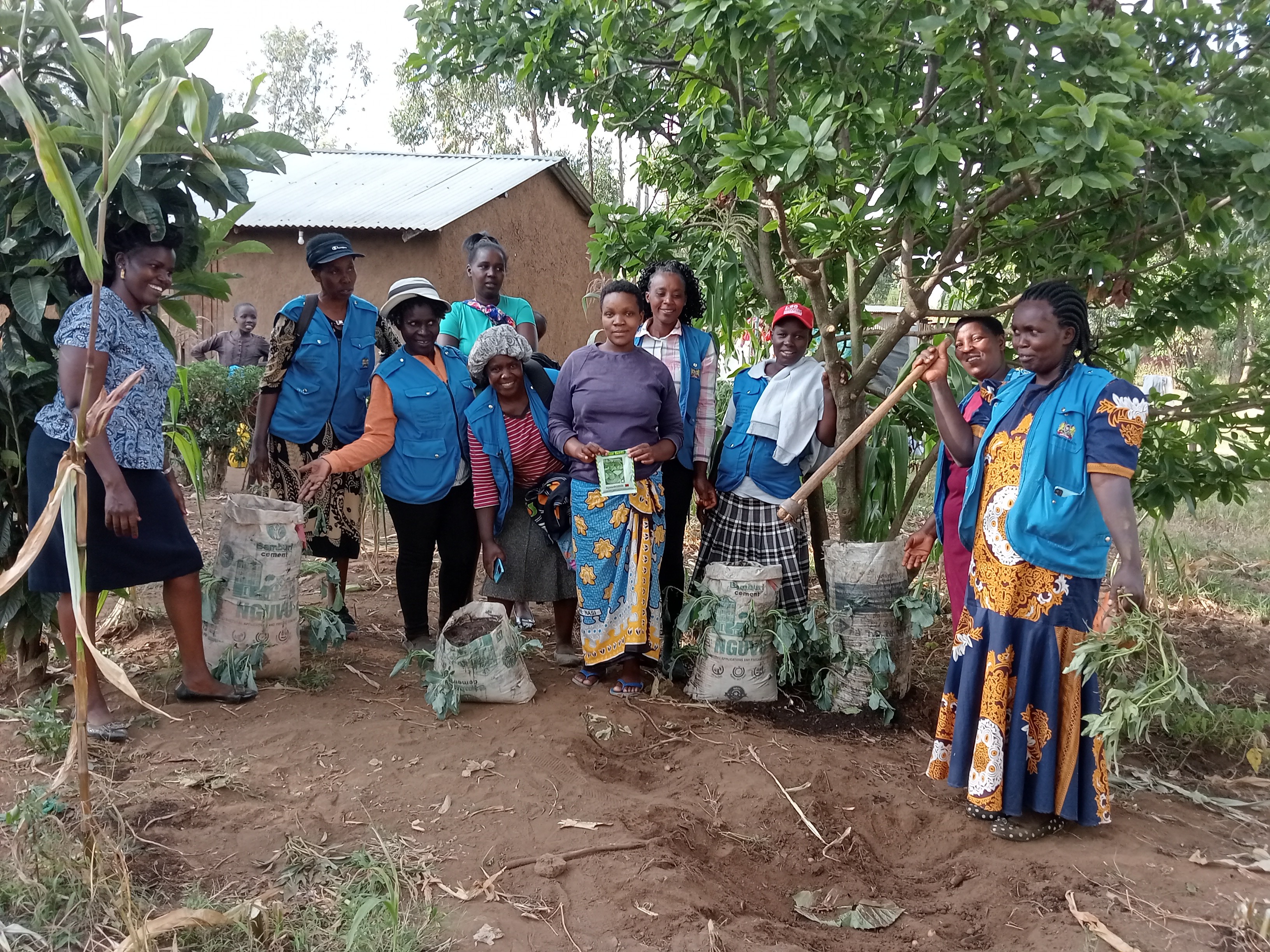
Introduction:
Poverty, food insecurity, and limited awareness of proper nutrition leave many families struggling, particularly children, who face severe malnutrition challenges. Malnutrition manifests in various forms, including undernutrition (wasting, stunting, underweight), micronutrient deficiencies, and overweight or obesity. According to the World Health Organization (WHO) in its 2024 fact sheet "Malnutrition", globally in 2022: 149 million children under 5 were stunted, 45 million were wasted, 37 million were overweight or obese and nearly half of under-5 deaths in low and middle-income countries are linked to undernutrition.
Women, infants, children, and adolescents are especially vulnerable. Proper nutrition during the first 1,000 days (from conception to a child’s second birthday) is essential for long-term health and development. This critical window lays the foundation for a child’s cognitive, physical, and emotional growth. Proper nutrition includes:
- For pregnant women: Adequate intake of calories, protein, iron, folic acid, iodine, calcium, and other essential micronutrients to support fetal development and maternal health.
- For infants (0–6 months): Exclusive breastfeeding, which provides all the necessary nutrients, antibodies, and enzymes for optimal growth and immunity.
- For young children (6–24 months): Continued breastfeeding along with the introduction of safe, age-appropriate, and complementary foods rich in nutrients, including fruits, vegetables, grains, and foods sourced from animals.
Poverty aggravates malnutrition, while malnutrition, in turn, perpetuates poverty by increasing healthcare costs, reducing productivity, and slowing economic growth.
In Ogilgei community in Nakuru County, challenges such as food insecurity, poor child-feeding practices, parental alcoholism, and inconsistent exclusive breastfeeding have worsened malnutrition. In 2023, the local health facility recorded two malnutrition cases (one severe, one moderate) and one malnutrition-related death. Most affected families were transient renters, highlighting the need for community-based interventions to improve nutrition awareness and household food production.
Click the story below to read more.